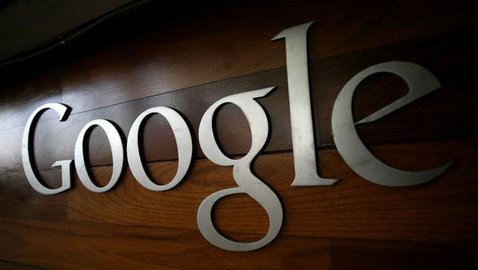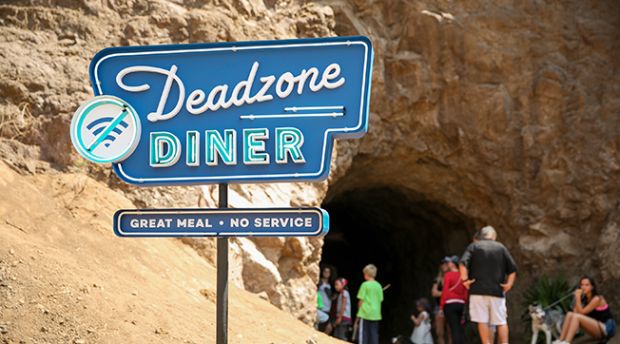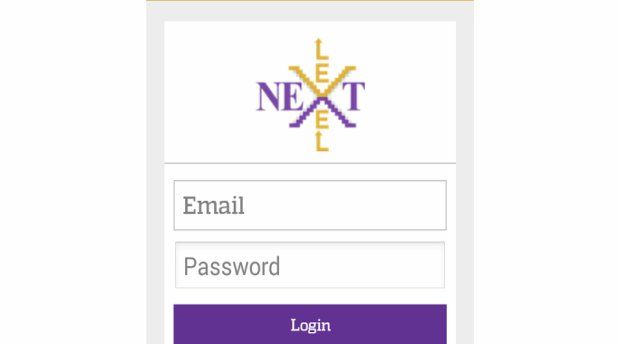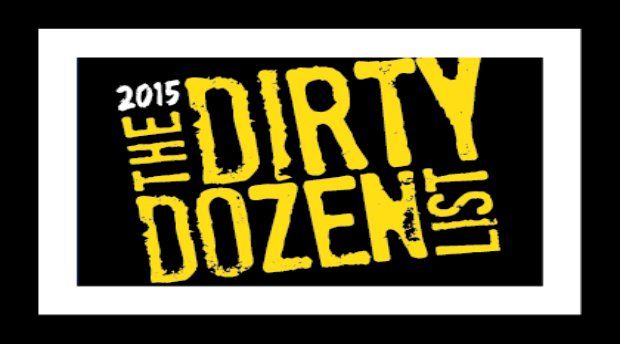Rosetta Stone and Google Settle Trademark Lawsuit
Post Views 1After three years of battle, Rosetta Stone, Inc., a language-learning software company recently settled its trademark lawsuit against Google over the Adwords advertising program.
The litigation involved motions for sealing of court records, a dismissal of Rosetta Stone’s lawsuit by the U.S. District Court for the Eastern District of Virginia on August 2, 2010, and an appeal by Rosetta Stone on the dismissal. In April 2012, the U.S. Court of Appeals for the Fourth Circuit reinstated three of Rosetta Stone’s claims for trademark dilution, direct infringement, and contributory infringement.
The settlement leaves unresolved legal issues in trademark disputes over online advertising. Trademarks are any identifying words, names, symbols, devices, slogans, or combination of these. Proper usage of trademarks is important to prevent public confusion on the origin of a product or service, and to prevent a company’s trademarks from losing their distinctiveness or becoming generic.
The Rosetta Stone lawsuit examined whether Google’s sale of other companies’ trademarks for sponsored links could raise liability for trademark infringement. According to Reuters, the companies agreed to dismiss the trademark infringement lawsuit to collaborate to fight online ads for counterfeit goods and prevent the misuse and abuse of trademarks on the Internet.
When a trademark is improperly used, it may lose its ability to distinguish one company from another. Trademarks are adjectives. A trademark may lose its marketing power through abbreviation, or improper attribution.
In the Rosetta Stone lawsuit, filed in 2009, Google allegedly committed trademark infringement by selling its trademarks to advertisers for use as search keywords. Google lets advertisers buy sponsored link ads at the top of search result pages.
A company’s name may function not only as a trademark mark or service mark identifying goods and services offered by a company, but also as a trade name or company name referring to the name of the company. Unlike trademarks, trade names are nouns.
Rosetta Stone argued that individuals searching for its products on Google were redirected to software counterfeiters and competitors. Rosetta Stone presented testimony from consumers to evidence people buying bogus Rosetta Stone software from Google sponsored links that they mistook for the real brand. The court cited an internal Google finding that sophisticated customers were sometimes not aware sponsored links were advertisements.
However, the sponsored results are labeled and Google lets advertisers choose which search words to use. Whether the settlement will crackdown trademark infringement and piracy remains to be seen. A trademark is usually memorable and elicits desirable responses. A trademark usually does not suggest a connection with other organizations, governments, or people.
Rosetta Stone and Google Settle Trademark Lawsuit by Harrison Barnes



 “Deadzone Diners” Takes a Different Approach to Cellphone Usage
“Deadzone Diners” Takes a Different Approach to Cellphone Usage  Fast Food Companies Look to Their Consumers for Advertising
Fast Food Companies Look to Their Consumers for Advertising  What Really Happens When We Receive Personalized Ads
What Really Happens When We Receive Personalized Ads  Next Level Text Allows Anyone to Fundraise
Next Level Text Allows Anyone to Fundraise  Project Gravitas Prepares for Black Friday with ‘Message in a PG Box’
Project Gravitas Prepares for Black Friday with ‘Message in a PG Box’  12 Companies That Profit Off Sexual Exploitation
12 Companies That Profit Off Sexual Exploitation